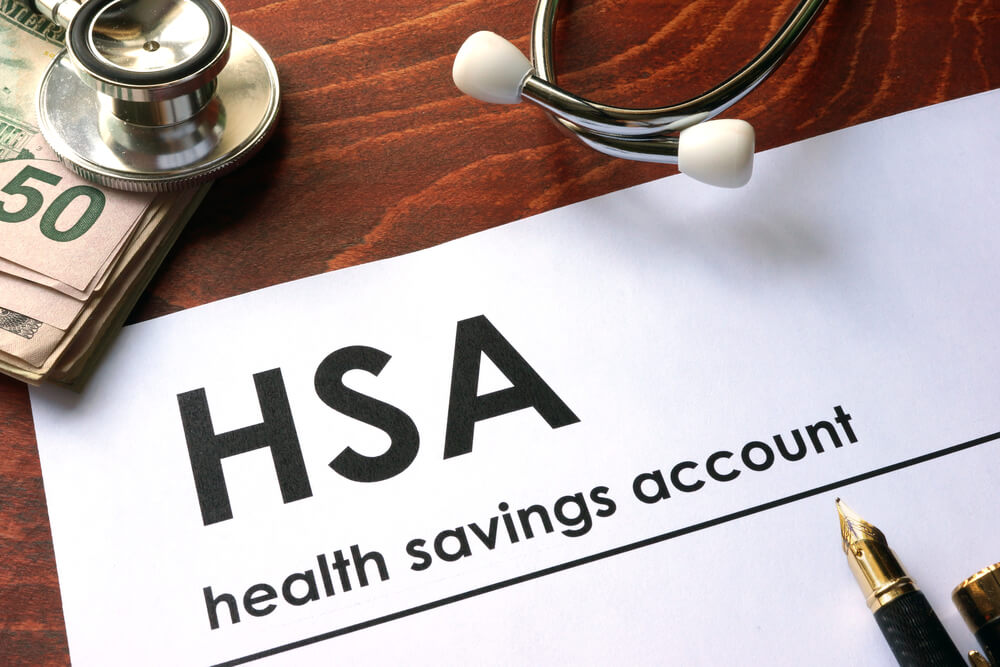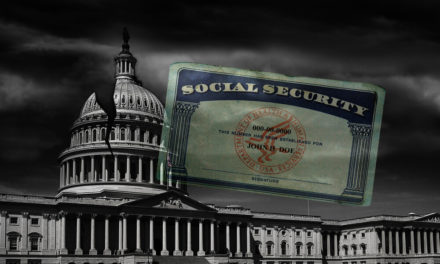Social Security and health spending accounts don’t currently play nice with each other, but a recent executive order from President Donald Trump could change that.
As the rule stands, anyone receiving Social Security benefits are barred from making any pretax contributions to an HSA, which eliminates a huge benefit of even having one in the first place.
The root cause of the issue is that anyone who claims Social Security benefits must also enroll in Medicare Part A. The IRS says that HSAs can only be used in tandem with a high-deductible health plan, which rules out Medicare. So, because individuals are automatically enrolled in Medicare Part A — even if they opt out of any other Medicare coverage — their HSAs can no longer be contributed to.
That all may change soon, though, as Trump recently issued an executive order concerning Medicare and other health issues with this provision attached:
Sec. 11. Maximizing Freedom for Medicare Patients and Providers. (a) Within 180 days of the date of this order, the Secretary [of Health and Human Services], in coordination with the Commissioner of Social Security, shall revise current rules or policies to preserve the Social Security retirement insurance benefits of seniors who choose not to receive benefits under Medicare Part A, and propose other administrative improvements to Medicare enrollment processes for beneficiaries.
The little nugget says they “shall revise current rules or policies to preserve the Social Security retirement insurance benefits of seniors who choose not to receive benefits under Medicare Part A” could open doors for older employees to contribute to an HSA while also claiming Social Security benefits.
Paul Van de Water, a senior research fellow at the Center on Budget and Policy Priorities, thinks it should be a boon for seniors because maintaining an HSA could outweigh the downsides of not having Medicare Part A, especially when it comes to paying out-of-pocket costs related to a high-deductible plan.
HSAs are so popular because they are the only government-sanctioned benefit account that allows pretax contributions but doesn’t tax funds that are withdrawn to pay for a health care expense. The balances on these accounts are also rolled over, and the funds never expire.
And as many people rely more and more on Social Security as a main source of income, having an HSA as a backup for health care spending can be a huge help. More people are also working into their 60s and later, so that means more time to contribute to an HSA.
PBS’s Philip Moeller, a Social Security and retirement expert that has authored multiple books on the topic, thinks the change made through Trump’s executive order is necessary because “many older employees with HSAs are getting hung up in IRS rules that were not conceived with them in mind,” he wrote in his column on the issue.
“They are incidental victims, and they are deservedly confused about why these rules exist and how they should comply with what can be very confusing compliance requirements.”
It may still be months before these new rules go into effect as the Department of Health and Human Services continues to draft them, but this specific change could mean a lot for Social Security and HSAs going forward.
• You can find all of the latest and most important news about Social Security here on Money and Markets.




